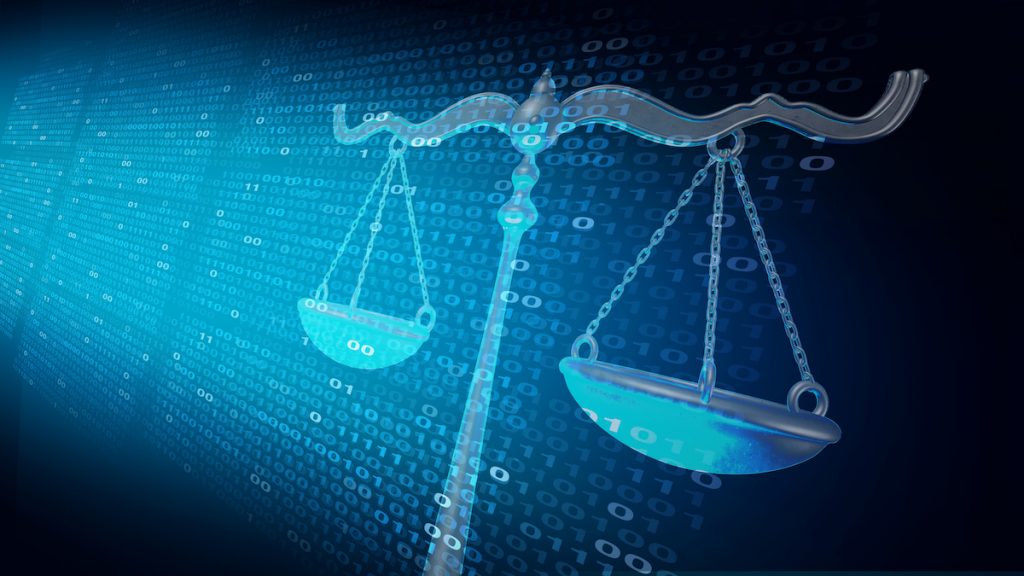Digital technology should be part of a ‘basket of measures’ to help clear a backlog of cases in Scotland’s courts – which could take up to 10 years to complete if not addressed.
Remote jury centres, which began this week in Edinburgh, should be backed by increased used of video technology in recording specialist witnesses’ evidence to speed up the trials process.
Criminal cases – particularly those which involve juries – are currently seriously delayed because court rooms do not have adequate space for physical distancing.
The remote centres – set up at the Fort Kinnaird Odeon complex in the capital, and soon to be rolled out in Glasgow – have taken up some of the slack of high court cases, but more needs to be done to address a growing backlog, MSPs have heard.
Holyrood’s Justice Committee has been looking at the impact of COVID-19 on the justice system, with delays caused by the halting of most criminal court business during the height of the pandemic one of the most concerning issues.
The Committee heard that while delays to criminal cases was a problem before the pandemic, just to get back to that level of backlog would take eight to 10 years if nothing is done to increase or speed up court business.
While the Scottish Government and the Scottish Courts and Tribunals Service have taken forward some proposals, such as setting up ‘remote jury centres’ in cinemas to allow juries to socially distance while participating in trials, the Committee is calling for:
- The Scottish Government to urgently convene a round-table discussion with representatives of affected groups to discuss and agree a way forward for both criminal and civil systems;
- For these discussions to include proposals for more remote jury centres; remote jury empanelling; and more digital technology – for example recording evidence from specialist witnesses;
- For consideration to be given in these discussions to sentence discounts for early pleas; and, in the short-term, extended court sitting hours;
- The Cabinet Secretary for Justice to ensure that sufficient funding is in place to resource and staff any changes without adverse or unforeseen consequences.
This would follow on from a previous roundtable held in April 2020 which agreed interim measures for court business.
At that meeting, some options previously considered, such as trials without juries, were discounted by those present. This is a conclusion the Committee agreed is beyond the pale, as it would be too fundamental a change to make to Scotland’s justice system.
Speaking as the report was launched, Justice Committee Convener, Adam Tomkins MSP, said: “The scale of the challenge faced by our courts is not to be underestimated.
“Current delays are not acceptable for the victims, witnesses or the accused of crimes.While that point may not be controversial, we need to ensure changes to improve the situation, whether long or short-term, have the widest possible backing.
“To that end, we want the Scottish Government to convene a meeting of all interested parties to agree a way forward. Time is of the essence.
“By following the collaborative approach taken in the early days of the pandemic, and by being open and transparent with thinking, we can have a grown-up conversation about the pros and cons of the options available.
“The Committee hopes that this would help those responsible for the day-to-day operation of the courts and those responsible for the system to coalesce around a common way forward and agree upon necessary actions.”
The committee recommended that further exploration of additional alternative venues for virtual courts, providing that steps are taken to protect the rights of people with disabilities and the vulnerable accused to participate in the justice process.
It stated: “We recommend that SCTS ensures that the increased use of digital and remote justice solutions does not impinge on the abilities of people (e.g. with disabilities or learning needs) to take part in trials. In our view, when new technologies are being considered, there must be a focus on the interests of more vulnerable court users, including children, disabled people and those with specific communication needs. Additionally, increased use of such technologies should not come at the expense of additional court closures, especially those in remote or rural areas.”
